The rough skin on the neck, resembling chicken skin, can be improved through gentle cleaning, moisturizing repair, moderate exfoliation, sun protection care, and medical treatment. This situation is usually related to factors such as keratosis, dryness and dehydration, and UV damage.
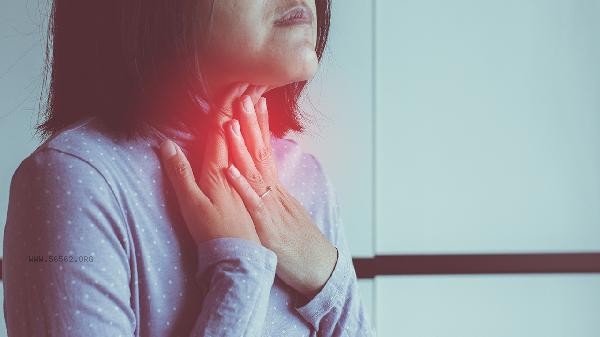
1. Gentle Cleaning
Choose weakly acidic amino acid cleansing products to clean the neck and avoid using products containing soap or strong cleansing ingredients. The water temperature should be controlled within a range close to body temperature, and gentle cleaning techniques should be used to reduce friction and irritation. Excessive cleaning can damage the skin barrier and exacerbate the problem of keratin accumulation.
2. Moisturizing Repair
Use a moisturizing cream containing ingredients such as ceramide, urea, or shea butter daily, with a focus on applying to rough areas of the neck. Apply moisturizing products immediately when the skin is moist within 3 minutes after bathing to lock in moisture. Long term persistence can help soften keratin and improve skin texture.
3. Moderate exfoliation
Use mild exfoliating products containing lactic acid or salicylic acid components 1-2 times a week, with a concentration controlled below 5%. Avoid sensitive areas on the front side of the neck and only use on the rough and obvious back of the neck. Physical exfoliating cream may irritate the skin and is not recommended for use on the neck.
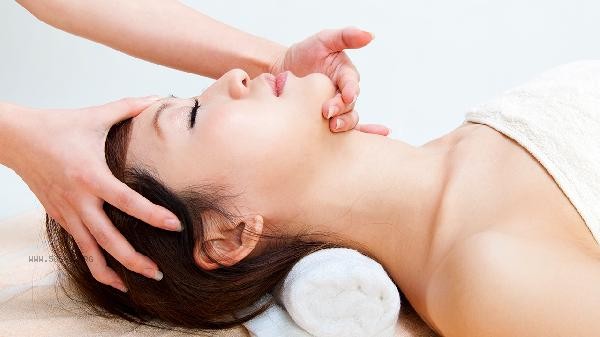
4. Sunscreen Care
The neck should be sun protected synchronously with the face, and sunscreen products with SPF30 or above and PA+++should be selected. Ultraviolet radiation can accelerate abnormal growth of keratin, and when going out, physical shielding such as scarves can be used to enhance protection. Pay attention to avoiding the friction area of the collar when reapplying.
5. Medical treatment
If accompanied by obvious erythema, itching, or spreading, seek medical attention to rule out diseases such as atopic dermatitis. Doctors may prescribe topical medications such as tretinoin cream and tacrolimus cream, and in severe cases, professional treatments such as fruit acid peels may be considered. Do not use potent keratolytic agents on your own.
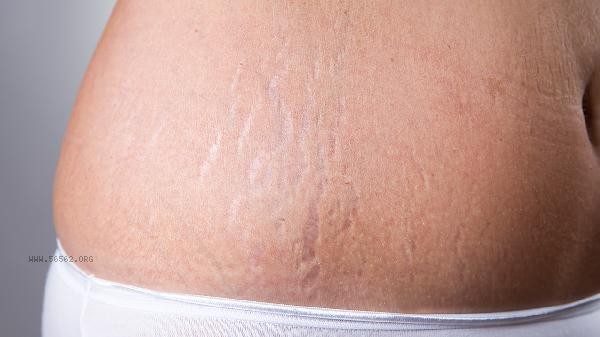
Avoid scratching and irritating the neck skin in daily life, and wear cotton low neck clothing to reduce friction. Pay attention to supplementing vitamin A and essential fatty acids in diet, and consume foods such as deep-sea fish and carrots in moderation. The bathing time should not be too long, and avoid using overheated water to rinse the neck. If symptoms continue to worsen or affect quality of life, it is recommended to seek timely medical attention at a dermatologist and, if necessary, undergo professional skin testing to assess the cause.

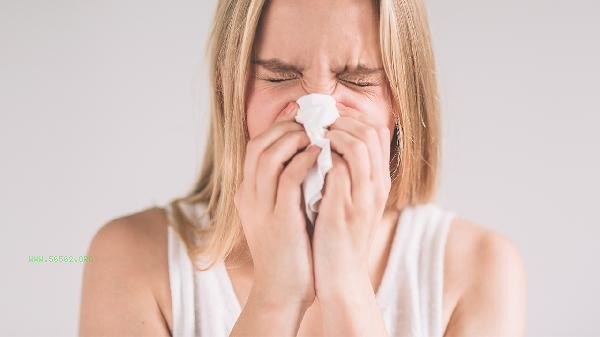


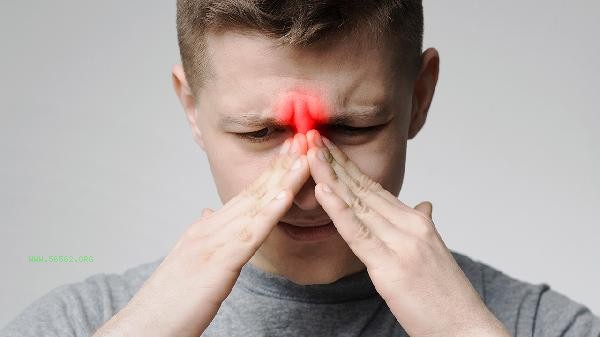




Comments (0)
Leave a Comment
No comments yet
Be the first to share your thoughts!